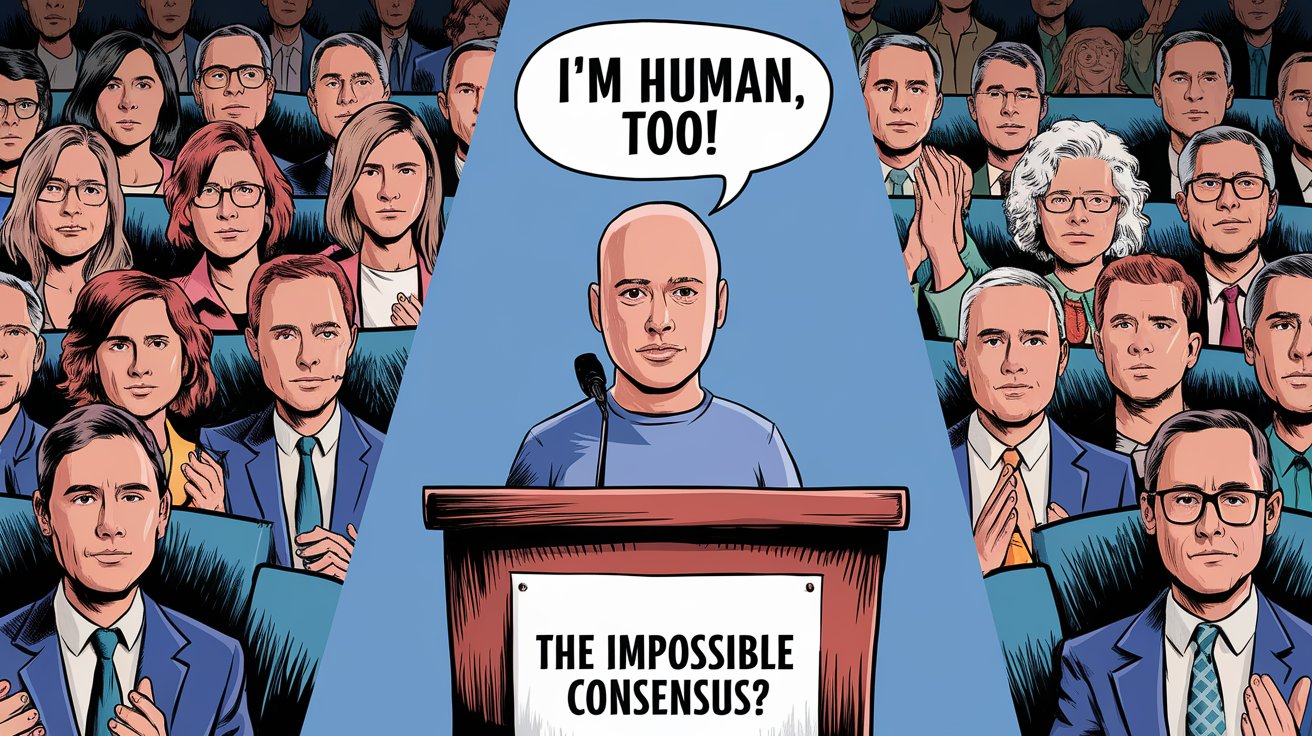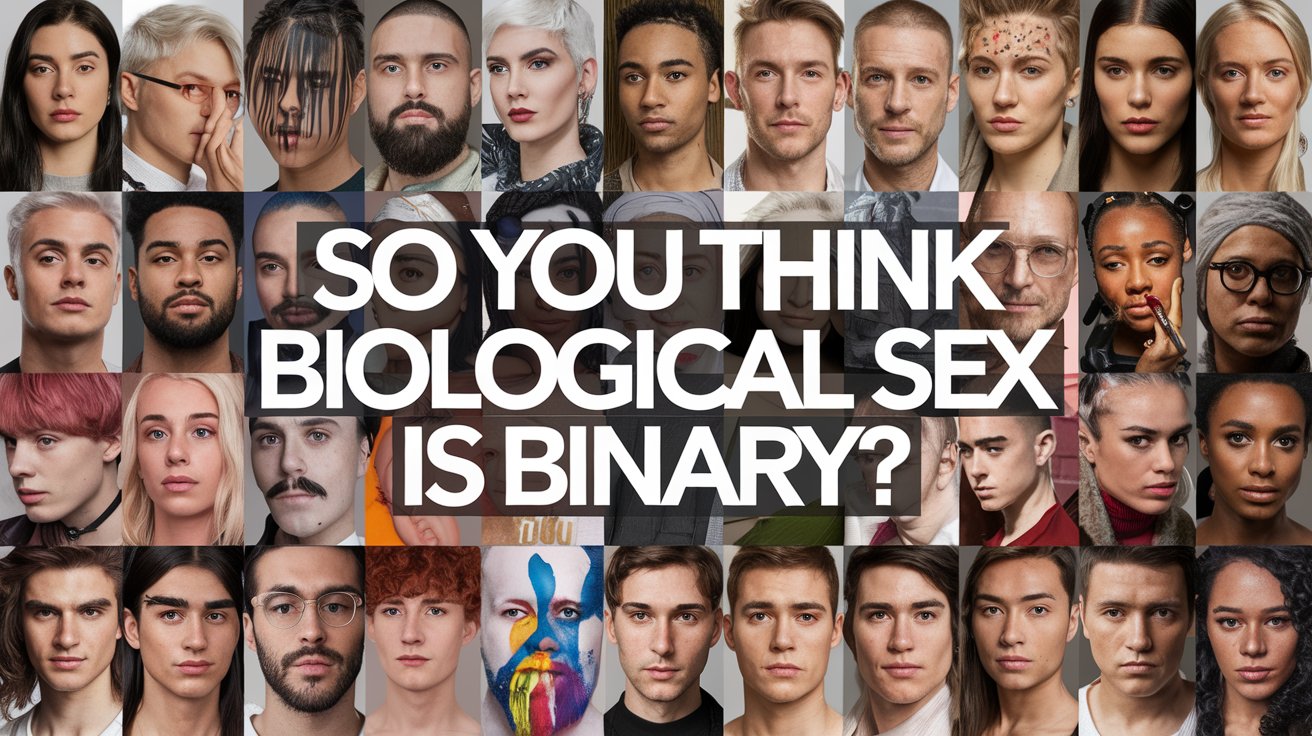The debate is lively at the United Nations. UN members have once again tried to reach a consensus on human cloning, without success. The draft international convention to ban the practice ran into disagreements among participants during discussions in the Sixth Committee of the General Assembly last Thursday and Friday.
Two camps are clashing. Costa Rica’s proposal seeks to ban all human cloning, whether for reproductive or therapeutic purposes. About 60 countries support it, including the United States. To defend their choice, delegates cited fears of embryo trafficking and exploitation of women for their eggs in poorer countries, as well as religious and moral issues. “Cloning would be an affront to human dignity that cannot be tolerated,” said U.S. representative Susan Moore during the debates. Against the manipulation of embryos, Italy prefers to support other avenues of research: “The use of adult stem cells has recently proven their effectiveness in combating many diseases,” insisted its delegate, Marcello Spatafora.
Belgium and 20 other nations, including Japan and Sweden, want to allow therapeutic cloning only – producing stem cells from an embryo to aid research into diseases such as diabetes or Alzheimer’s, for example. At that level, each country would then be responsible for choosing its legislation. “The pursuit of knowledge must be supported, not hindered or prohibited,” said Anders Liden, the Swedish representative.
Several delegations also regretted the lack of consensus because developments in this area make an international decision urgent. Scientists from South Korea succeeded in therapeutic cloning of human cells at the beginning of the year. This practice is already legal in Great Britain and researchers from Harvard University in the United States. Have just requested authorization to clone embryos for therapeutic purposes.





